F³G-Verbund
Was ist der F³G?
Die „Forschungsverbünde der Friedrich-Alexander-Universität Erlangen-Nürnberg zur Förderung der Gleichstellung“ (F³G) sind ein Zusammenschluss vielfältiger Verbundforschungsprojekte an der FAU Erlangen-Nürnberg und dem Universitätsklinikum. Ziel ist neben der besseren Vernetzung die zweckmäßige und richtliniengemäße Verwendung von Gleichstellungsmitteln.
Finanziert werden vielfältige Maßnahmen zur Verbesserung der Chancengleichheit sowie der Vereinbarkeit von Wissenschaft und Familie, Maßnahmen zur Gewinnung weiblicher Studierender in den MINT-Fächern, Maßnahmen zur Erhöhung des Frauenanteils in den Verbundprojekten sowie Karrierefördermaßnahmen für Nachwuchswissenschaftlerinnen.
Neben den gemeinsam geplanten Maßnahmen bietet der F³G eine Plattform zum Austausch von Erfahrungen mit Einzelmaßnahmen sowie die Möglichkeit, neue, umfangreiche Maßnahmen gemeinsam anzuschieben und zu verwirklichen.
Der F³G strebt die Realisierung weiterer innovativer Maßnahmen in enger Zusammenarbeit mit den zuständigen Institutionen von FAU und Universitätsklinikum, insbesondere dem Büro für Gender und Diversity sowie dem Familienservice, an.
Weitere Informationen zum F³G finden Sie im Flyer Forschungsverbünde der FAU zur Förderung der Gleichstellung
Maßnahmen zur Vereinbarkeit von Familie und Wissenschaft
- Kontingentplatzsicherung in Kinderkrippen, Kindergärten und Horten
- Kinderbetreuungs- und Tagungsservice
- Notfallbetreuung
- (Mobile) Eltern-Kind-Zimmer an verschiedenen Standorten
- Home Office-Arbeitsplätze
- Hilfskräfte oder technische Assistenz zur Forschungsunterstützung während Mutterschutz- und Elternzeiten
- Angebote und Workshops in der Ferienbetreuung
Maßnahmen zur Karriereförderung und Sensibilisierung
- Women-in-Science-Symposium
- Workshop-Programm für Nachwuchswissenschaftlerinnen
- Individuelles Coaching
Mädchen in MINT-Nachwuchsförderung – bis 2024
- KinderUni
- MINT-Angebote in der Ferienbetreuung der FAU
- Schulkooperationen
F³G Workshop program 2025
All F³G events are held in English. Register via the form below. Registration is open only for researchers active in F³G research cooperations.
January 28th., 29th., 30th and 31st 2025 (Tuesday to Friday) from 9:00 hrs to 12:15 hrs respectively
Online via Zoom
Your trainer is Deborah Bennett
Deadline for registrations via the link below is December 19th 2024. For registration, we need the identification of your research cooperation, normally a combination of letters and numbers. If you are not sure, please contact the coordinator of your research cooperation.
Why does it matter?
Clear and compelling research articles are essential for a career in science.
Contents
Successful science writing tells a story! You will learn about:
- basic elements of story structure and how to use them to construct the different article sections
- section structure: presenting issues, arguments and conclusions in a coherent way.
- Writing sentences with precision and clarity.
The insights and strategies you will gain from this workshop will provide you with the practical tools you need to develop and improve your scientific writing in the future.
February 21st 2025 (Friday) from 9:00 hrs to 17:00 hrs
In person, Erlangen
Your trainer is Francesca Carlin
Deadline for registrations via the link below is January 23rd 2025. For registration, we need the identification of your research cooperation, normally a combination of letters and numbers. If you are not sure, please contact the coordinator of your research cooperation.
Why does it matter?
Resilience has been proven to help people not only succeed but also to thrive when facing obstacles and stress. Managing change, pressure and perceived failure is a challenge and can often leave us feeling low on emotional and mental resources, but thankfully resilience and grit are a set of skills and tools that can be learned and trained.
Contents and impact
This workshop focuses on identifying and building the elements that make us mentally and emotionally resistant to stress and pressure. Participants will learn skills for emotional regulation, sharpen their emotional awareness, gain techniques to reduce anxiety and stress, and understand how to use reframing strategies to turn threats into manageable challenges.
After the workshop, participants will…
- Understand the elements that make resilience.
- Be able to implement tools from cognitive behavioral coaching and positive psychology to manage stressful situations.
- Have techniques to regulate their emotions.
- Be able to utilize re-framing strategies in order to gain a new perspective and understanding of situations.
- Have tools to help them deal with perceived failure.
March 13th and 14th 2025 (Thursday and Friday) from 9:00 hrs to 14:00 hrs and 9:00 hrs to 17:00 hrs
Online via Zoom
Your trainer is Dr. Malte Engel
Deadline for registrations via the link below is January 30th 2025. For registration, we need the identification of your research cooperation, normally a combination of letters and numbers. If you are not sure, please contact the coordinator of your research cooperation.
Why does it matter?
In their thesis defense, PhD candidates have to present their research to aboard of examiners and then answer critical questions. This course is designed to prepare doctoral students optimally for this situation.
Contents
- Part 1: Practical tips for the introductory presentation: how to structure the presentation, how to build up the central argument, what language to use, etc.
- Part 2: Strategies to tackle problems that can occur during the discussion: various types of difficult questions
- Part 3: Practice presentations with feedback from the group and from the trainer
Impact
Participants will
- be able to give a convincing and well-structured presentation
- deal confidently with counter arguments and critical questions
- be prepared and feel confident about their thesis defense
April 8th and 9th (Tuesday and Wednesday) from 9:00 hrs to 15:30 hrs and 9:00 hrs to 12:00 hrs
Online via Zoom
Your trainer is Juliane Handschuh
Deadline for registrations via the link below is March 18th 2025.For registration, we need the identification of your research cooperation, normally a combination of letters and numbers. If you are not sure, please contact the coordinator of your research cooperation.
Why does it matter?
For a successful career in science, presentation skills are a must. In order to present your research with impact, more than just great data is needed. The audience should be picked up and carried along by the speaker.
Contents
- Adapting a presentation to the audience
- Storytelling
- Effective slide design
- Using your own body effectively
- voice
- body language
- your presence in the room
May 15th and 16th 2025 (Thursday and Friday) from 9:00 hrs to 17:00 hrs
In person, Erlangen
Your trainer is Monika Stahl
Deadline for registrations via the link below is April 10th 2025. For registration, we need the identification of your research cooperation, normally a combination of letters and numbers. If you are not sure, please contact the coordinator of your research cooperation.
Why does it matter?
International graduates and postdocs have become part of our daily collaboration also in universities and research organizations. Working with people from different cultures presents additional challenges and opportunities for everyone involved. Different values, communication and thought patterns can enrich the performance of a team, but often they lead to friction or even conflict.
Contents and objectives
- Success factors when working in international teams in your specific environment
- Understand how culture impacts our values and behavior
- Establish a better understanding of different cultural values and norms as well as preferred communication patterns in different regions
- Get to know cultural differences in the understanding of leadership and reflect your own expectations of the team leader
- Understand the influence culture has on daily collaboration; learn how to effectively cooperate in a culturally divers team with team members and higher levels of authority
- Develop an awareness of the importance to build and maintain trustful relationships
- Strengthen your intercultural communication skills, reflect on your own communication patterns and develop an awareness for cultural misunderstandings
- Develop options for dealing with difficult situations
- Discuss and develop pragmatic solutions for your specific questions
June 13th 2025 (Friday) from 9:00 hrs to 17:00 hrs
Online via Zoom
Your trainer is Simone Freitag
Deadline for registrations via the link below is May 16th 2025. For registration, we need the identification of your research cooperation, normally a combination of letters and numbers. If you are not sure, please contact the coordinator of your research cooperation.
Why does it matter?
In preparation of the forthcoming symposium, „Women in Science“, female ECRs can equip themselves with tailored strategies to make the most of networking opportunities
Contents and objectives
- The art of academic networking: which networks truly matter and how to strategically build and nurture professional connections
- Innovative approaches for effective networking at conferences and meetings
- How to use digital platforms, including social media and research networks, to maintain and expand your professional circle
- Strategies that amplify your presence in research, teaching, and academic networks.
We’ll address the unique challenges faced by women in science, but more importantly, we’ll uncover the possibilities to increase your impact and recognition in the field. Throughout the workshop, you’ll gain hands-on experience, share insights with peers, and acquire practical skills that you can immediately apply to your career.
This interactive workshop is designed not just to impart knowledge, but to build a supportive community where experiences and ideas can be freely exchanged. Join to unlock your networking potential and elevate your presence in the scientific community!
July 8th 2025 (Tuesday) from 9:00 hrs to 16:00 hrs
Online via Zoom
Your trainer is Isabel Werle
Deadline for registrations via the link below is May 16th 2025. For registration, we need the identification of your research cooperation, normally a combination of letters and numbers. If you are not sure, please contact the coordinator of your research cooperation.
Why does it matter?
Constructive feedback is an essential tool when it comes to effectively and successfully cooperating in or leading teams in science!
Contents
- Potentials and impact of feedback
- Giving constructives feedback with the W3-strategy
- Feedback simulation
- Feedback in ine with personnalities (Riemann-Thomann model)
- Professionally accepting feedback
- Fostering a team culture conducive to feedback
September 25th and 26th 2025 (Thursday and Friday) from 13:00 hrs to 17:00 hrs and from 9:00 hrs to 13:00 hrs
Online via Zoom
Your trainer is Betty Boden
Deadline for registrations via the link below is August 14th 2025. For registration, we need the identification of your research cooperation, normally a combination of letters and numbers. If you are not sure, please contact the coordinator of your research cooperation.
Why does it matter?
As a female scientist, it is of utmost importance to identify one’s style of leadership and to successfully put it into action
Contents
- My understanding of leadership – how do I lead myself?
- Identifying my professional values and their impact on my daily work as a team leader
- Roles and tasks as a leader
- Leadership at three levels: technical, relational and personal competencies
- The phases of team development and my respective role as a leader
- Communicating horizontally in a competitive environment
November 5th and 6th 2025 (Wednesday and Thursday) from 9:00 hrs to 13.00 hrs respectively
Online via Zoom
Your trainer is Dr. Daniel Friedrich
Deadline for registrations via the link below is September 24th 2025. In case you are not sure about the identification of your research cooperation, please contact your coordinator.
Why does it matter?
Ph.D. students and Postdocs need to advance their research while also managing many other tasks, like teaching, supervising, or doing admin work. Project management skills and competencies in time management are indispensable for productive progress.
This workshop helps you to build the required skills
- to make optimal use of your available time
- and to make efficient progress towards your goals.
You will
- learn key project planning techniques and apply them to your research project
- understand how to stick to your priorities in the face of conflicting demands
- how to set up routines for highly focused work
- and how to become less perfectionist and more pragmatic.
Selecting methods that work well for you will be a focus as well as discussing how to sustainably transfer them to your work context.
Contents
- Project management
- Goal setting
- Milestone planning & progress monitoring
- Agile planning
- Time management
- Saying no and defending boundaries
- Routines for highly focused work
- Pragmatism & perfectionism
November 25th and 26th 2025 (Tuesday and Wednesday) from 10:00 hrs to 14:00 hrs respectively
Online via Zoom
Your trainer is Dieta Kuchenbrandt
Deadline for registrations via the link below is September 14th 2025. In case you are not sure about the identification of your research cooperation, please contact your coordinator.
Why does it matter?
A successfull academic career requires thorough planning, This workshop is tailored for doctoral candidates in the advanced phase (R1) and Postdocs in the early phase (approx. 1st-4th postdoc year, R2)
Contents
The aim of the seminar is, on the one hand, to provide you with a framework for reflecting on your own professional motives. On the other hand, the seminar offers knowledge, background and orientation for planning and developing the next steps towards a long-term academic career.
- Long-term career options within the academic job market
- Requirements and criteria to be met for this career path
- Tasks and their importance at a particular stage, priorities
- Importance of the habilitation
- Appropriate time frame
- Central requirements (also beyond publications and third-party funding) and milestones for an academic career
- Concrete tips and advice on both the weighting of these requirements and on strategic considerations during the postdoc phase on the path to a
professorship
Building on this, the seminar offers you the opportunity to take stock and reflect on your own academic profile and ideally derive the next important steps from this.
Workshop registration
Mitglieder des F³G-Verbunds
Folgende Forschungsverbünde engagieren sich derzeit im F³G:













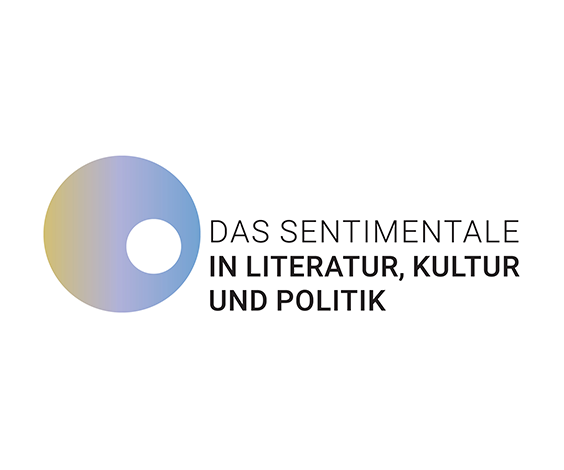
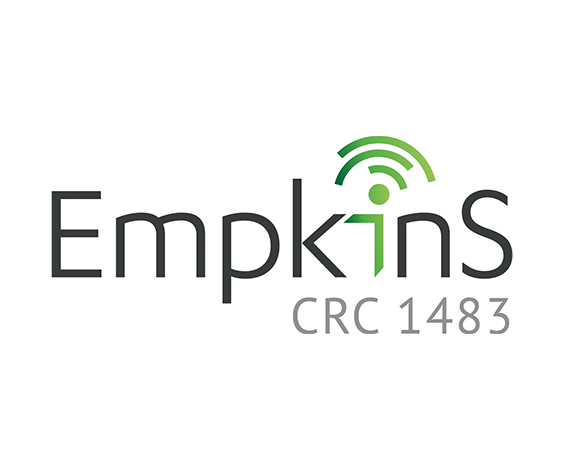
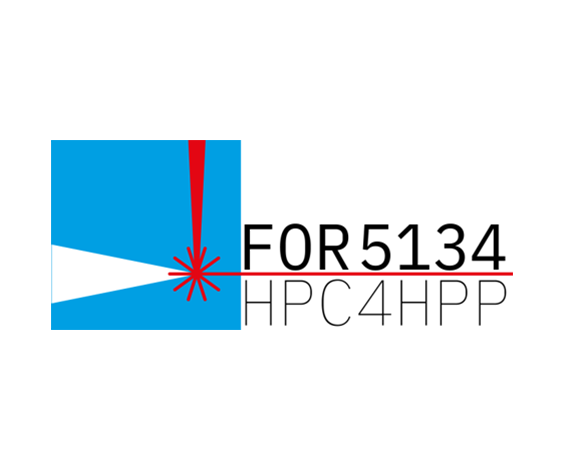
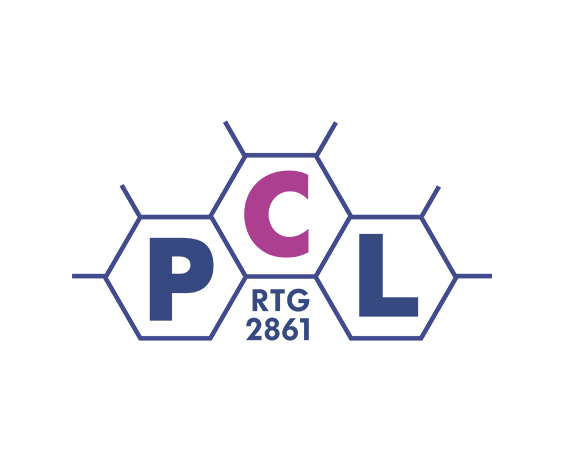
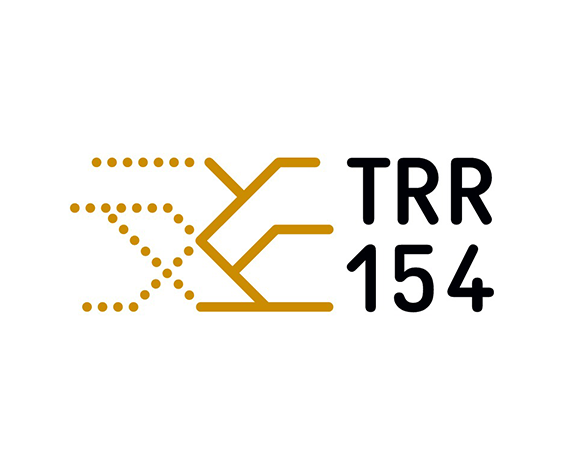
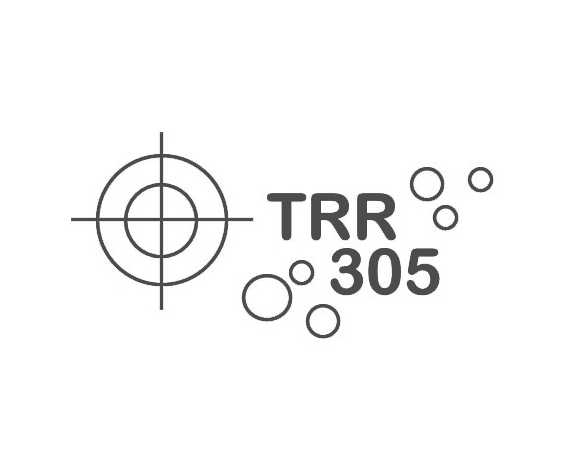
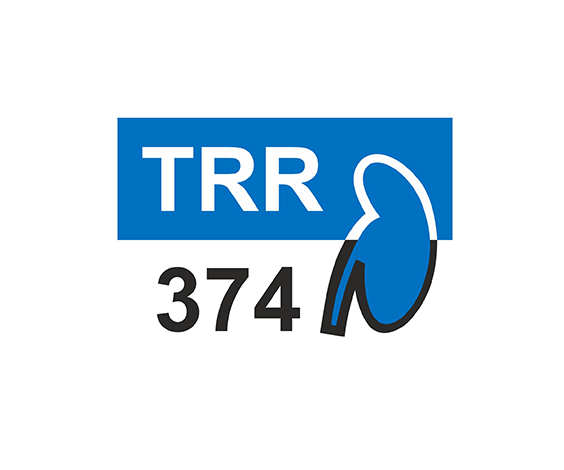
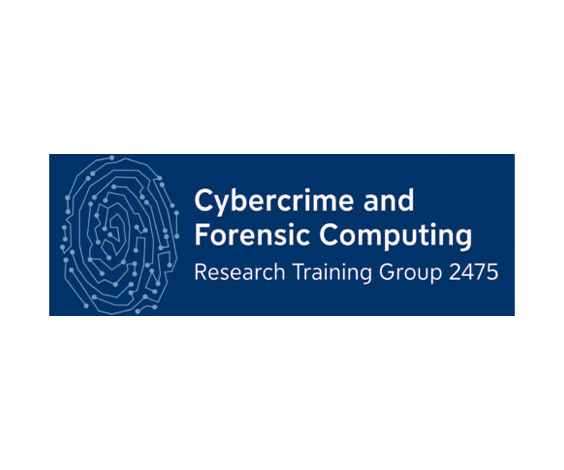
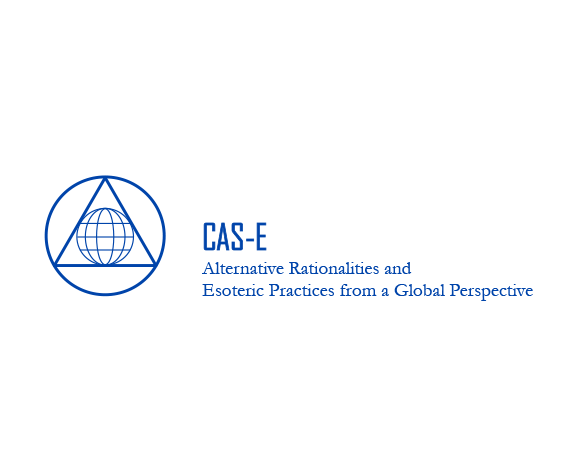
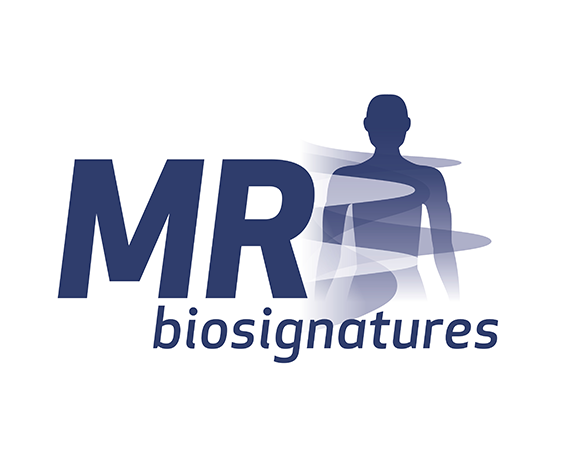
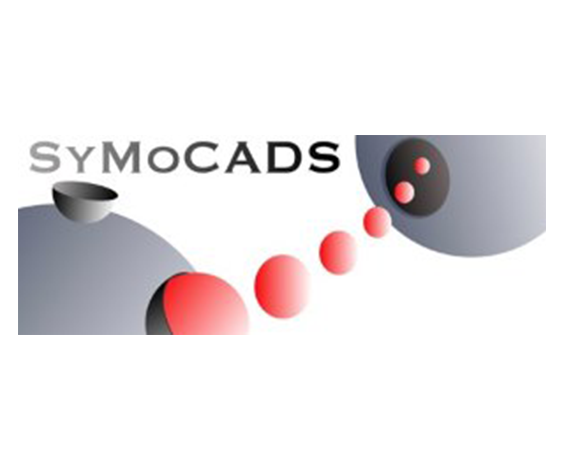
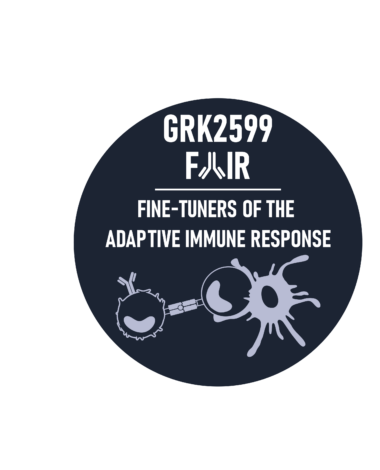
Vollständige Liste der beteiligten Forschungsverbünde:
- SAOT – Erlangen Graduate School in Advanced Optical Technologies
- EXC 315 – Engineering of Advanced Materials
- TRR 221 – Steuerung der Transplantat- gegen-Wirt- und Transplantat-gegen-Leukämie-Immunreaktionen nach allogener Stammzellentransplantation
- TRR 154 – Mathematische Modellierung, Simulation und Optimierung am Beispiel von Gasnetzwerken
- TRR 225 – Von den Grundlagen der Biofabrikation zu funktionalen Gewebemodellen
- TRR 285 – Methodenentwicklung zur mechanischen Fügbarkeit in wandlungsfähigen Prozessketten
- TRR 241 – Immune-Epithelial Communication in Inflammatory Bowel Diseases
- TRR 306 – Quantenkooperativität von Licht und Materie – QuCoLiMa
- TRR 305 – Analyse der metastatischen Koloniebildung zu neuen systemischen Krebstherapien
- TRR 374 – Tubulussystem und Interstitium der Niere: (Patho-)Physiologie und Crosstalk
- SFB 1483 – EmpkinS – Empathokinästhetische Sensorik
- SFB 1452 –CLINT – Catalysis at Liquid Interfaces
- SFB 1411 – Produktgestaltung disperser Systeme
- SFB 1540 – Die Mechanik des Gehirns
- GRK 2495 – Energiekonvertierungssysteme: von Materialien zu Bauteilen
- GRK 2162 – Neurodevelopment and Vulnerability of the Central Nervous System
- GRK 2599 – Fine Tuners of the Adaptive Immune Response
- GRK 2423 – FRASCAL – Fracture across Scales
- GRK 2339 – IntComSin: Grenzflächen, komplexe Strukturen und singuläre Grenzwerte in der Kontinuumsmechanik – Analysis und Numerik
- GRK 2475 – Cyberkriminalität und forensische Informatik
- GRK 2504 – Neue antivirale Strategien: von der Chemotherapie bis zur Immunintervention
- GRK 2726 – Das Sentimentale in Literatur, Kultur und Politik
- GRK 2839 – RTG Dimensions of Constructional Space
- GRK 2861 – Planar Carbon Lattice
- GRK 2950 – SyMoCADS – Synthetic Molecular Communications Across Different Scales: From Theory to Experiments
- FOR 5134 – Erstarrungsrisse beim Laserstrahlschweißen
- FOR 5534 – Schnelle Kartierung von quantitativen MR Bio-Signaturen bei ultra-hohen Magnetfeldstärken
- FOR 2886 – PANDORA – Pathways triggering Autoimmunity and Defining Onset of early Rheumatoid Arthritis
- KFO 5024 – Immun-Checkpoints der Kommunikation zwischen Darm und Gehirn bei entzündlichen und neurodegenerativen Erkrankungen
- KFG 17 – Alternative Rationalitäten und esoterische Praktiken in globaler Perspektive